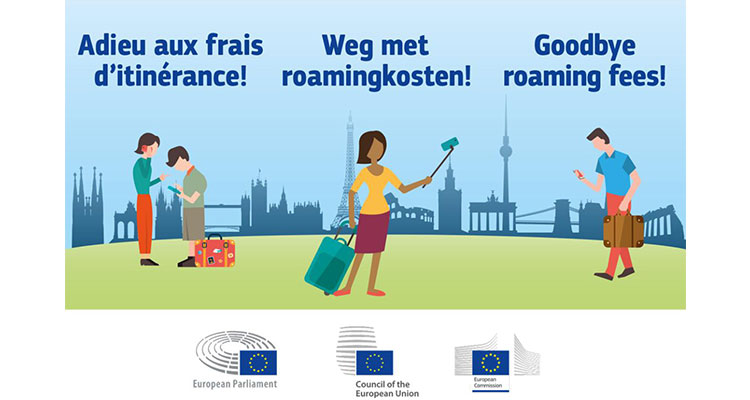Today is a historic day. From now on, high roaming bills for Europeans will be confined to history. “Eliminating roaming charges is one of the greatest and most tangible successes of the EU”, President Juncker, President of the European Parliament Antonio Tajani and Prime Minister of Malta Joseph Muscat stated.
It demonstrates that “the European Union is about bringing people together and making their lives easier. (…) Operators have had 2 years to prepare for the end of roaming charges, and we are confident that they will seize the opportunities the new rules bring to the benefit of their customers” they said in their joint statement.
The work does not stop here however. The Commission will continue to carefully watch the implementation of the new rules, and make sure that Europeans fully benefit from them and that the European market remains competitive. An overview of the new roaming rules is available on the roaming website.
Details on how ‘roam like at home’ works in practice are available in all official EU languages in the frequently asked questions, general factsheet, and a detailed factsheet. The end of roaming charges in the EU is at the top of the agenda for the Digital Assembly – a two-day conference organised by the Maltese Presidency and the Commission, currently under way in Malta.
Four thematic working sessions will focus on the key digital priorities: data economy, new digital opportunities, cybersecurity and Internet of Things, and digital transformation. In parallel, there will also be briefings held on several EU policies, including ePrivacy, WiFi4EU, Next Generation Internet, Interoperability, International connectivity, the Digital Single Market mid-term review, the European Broadband Fund and the Data economy. The Assembly will conclude with a discussion among young people on their ideas for the digital economy and society, with the participation of the ‘Digital Tomorrow’ video contest winners.



